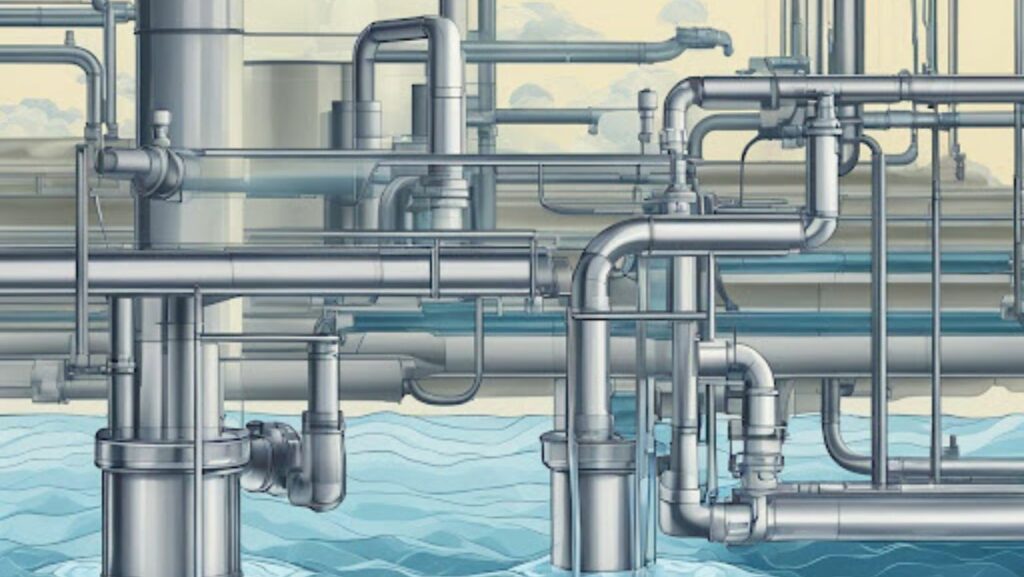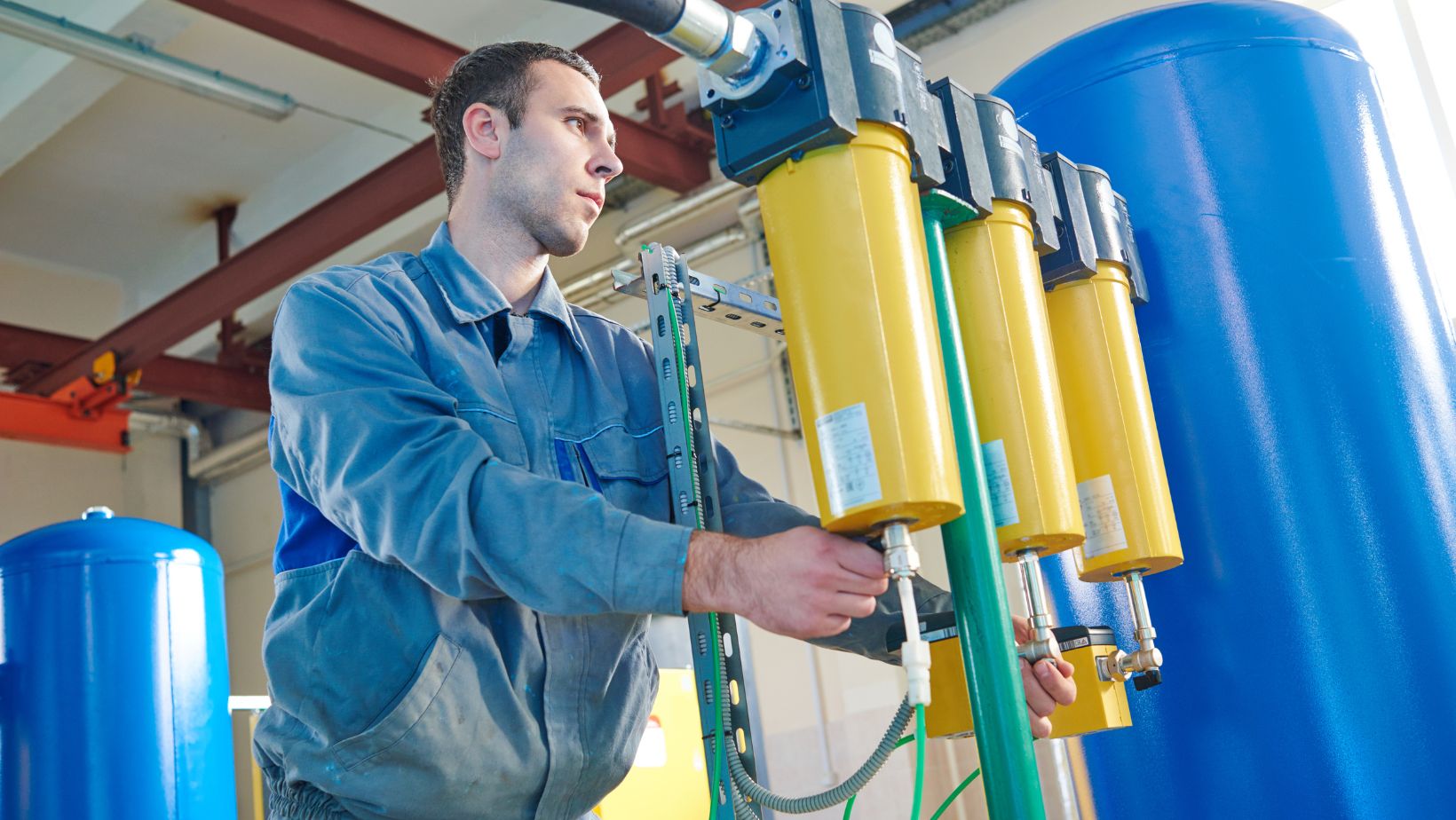
Water is essential to life and is required for many daily activities such as cooking, cleaning, and staying hydrated. However, not all water sources are safe for consumption, and unfiltered water can contain harmful contaminants that can cause illness and disease. This is where water supplier comparison and water filtration comes in, providing an effective solution to ensure clean and safe water for consumption.
Water filtration is the process of removing unwanted particles, contaminants, and impurities from water to make it safe for consumption. This process involves the use of various filtration methods such as activated carbon, reverse osmosis, and distillation. The main purpose of water filtration is to prevent water-related illnesses and diseases caused by harmful bacteria, parasites, and chemicals that can be present in unfiltered water.
Water filtration not only provides safe drinking water but also has many other benefits. It can improve the taste and smell of water by removing impurities, and it can also protect household appliances from damage caused by hard water. Overall, water filtration is an essential process that ensures the safety and quality of drinking water, making it an important investment for any household or business.
The Need For Water Filtration
https://www.youtube.com/watch?v=bhUXXftPkhU&embed=true
Water is a basic necessity for life, and it is essential to ensure that the water we consume is clean and safe for consumption. Unfortunately, water sources can be contaminated with various impurities, including bacteria, viruses, heavy metals, chemicals, and other harmful contaminants. These contaminants can cause a range of health problems, including cholera, typhoid, and other water-borne diseases.
Water filtration is a process of removing impurities from water to make it safe for consumption. Filtration can remove contaminants such as sediment, suspended particles, organic matter, and algae. It can also remove harmful chemicals such as chlorine, fluoride, arsenic, and toxins. Additionally, filtration can ensure that important minerals such as calcium, magnesium, and zinc are retained in the water.
One of the most significant benefits of water filtration is that it can remove harmful pathogens and bacteria from the water. Cryptosporidium and other protozoa can be present in water sources, and they can cause severe health problems, especially in people with weakened immune systems.
Water filtration can also improve the taste and appearance of water. Chlorine is often used to disinfect water, and it can leave a strong taste and odour in the water. Filtration can remove chlorine and other chemicals, resulting in better-tasting water.
Iron, copper, and other metals can also be present in water sources, and they can cause staining and discolouration of clothes and fixtures. Filtration can remove these metals, resulting in cleaner and clearer water.
Types of Water Filtration Systems
https://www.youtube.com/watch?v=T-OC980OXIg&embed=true
There are various types of water filtration systems, each with its own filtration method. Here are some of the most common types of water filtration systems:
Mechanical Filtration
Mechanical filtration is the most basic and standard method of water filtration. It involves using a physical barrier to remove dirt, particles or any chemicals from the water. This type of filtration system is often used in conjunction with other filtration methods to provide a higher level of filtration.

Activated Carbon Filtration
Activated carbon filtration is a type of water filtration system that uses activated carbon to remove impurities from the water. The activated carbon has a large surface area that absorbs impurities such as chlorine, pesticides, and herbicides. This type of filtration system is often used in households to improve the taste and odour of drinking water.
Sand Filtration
Sand filtration involves passing water through a bed of sand to remove impurities. The sand acts as a physical barrier that traps impurities such as sediment and debris. This type of filtration system is commonly used in swimming pools, aquariums, and industrial processes.
Water Purification Process
Water purification is the process of removing impurities from water to make it safe for consumption. This process involves using various methods such as sedimentation, filtration, and disinfection to remove impurities. Water purification is essential in areas where the water supply is contaminated or where there is a risk of waterborne diseases.

Effects of Filtration on Water Quality
https://www.youtube.com/watch?v=MNk93imO5uU&embed=true
Water filtration is a crucial process that removes impurities and contaminants from water, ensuring safe drinking water. It enhances the quality of water by eliminating suspended particles, bacteria, viruses, and harmful substances like lead, a common contaminant with serious health impacts.
Filtration not only improves the taste, odor, and appearance of water but also reduces waterborne disease risks. It plays a key role in ensuring tap water safety and enhancing its palatability. Filtration is also essential for purifying water used in medical, pharmaceutical, laboratory, and industrial applications.
Additionally, it ensures the safety and high quality of bottled water and improves the quality of freshwater sources, making them safe for drinking and other uses.
Conclusion
In summary, the importance of water filtration cannot be overstated. Drinking clean and safe water is essential for maintaining good health, and filtration systems play a crucial role in achieving this.
Investing in a water filtration system is a wise decision for those looking to improve the quality of their drinking water. There are various types of filtration systems available, including water filters and water filtration systems. These systems can remove contaminants such as suspended particles, parasites, bacteria, algae, viruses, and fungi, as well as other undesirable chemical and biological contaminants from contaminated water to produce safe and clean water for a specific purpose, such as drinking, medical use, and industrial processes.
When choosing a filtration system, it’s important to consider factors such as the contaminants in your water, your water source, and your budget. Some systems may be more effective at removing certain contaminants than others, and some may be more expensive than others.
Overall, the benefits of using a water filtration system far outweigh the costs. By ensuring that your drinking water is clean and safe, you can enjoy improved health and wellbeing.











